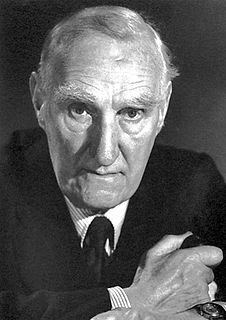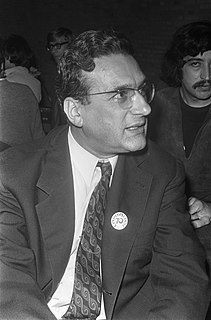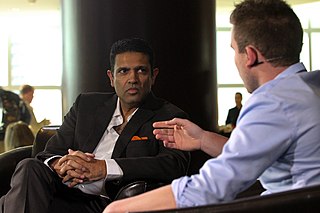A Quote by Charlie Kirk
There is no question that automation is - and has been since the start of the Industrial Revolution - displacing workers and creating disruption within the economy and labor market.
Related Quotes
Private sector labor market flows provide additional indications of the strength of the labor market. For example, the quits rate has tended to be pro-cyclical, since more workers voluntarily quit their jobs when they are more confident about their ability to find new ones and when firms are competing more actively for new hires.
Strong, responsible unions are essential to industrial fair play. Without them the labor bargain is wholly one-sided. The parties to the labor contract must be nearly equal in strength if justice is to be worked out, and this means that the workers must be organized and that their organizations must be recognized by employers as a condition precedent to industrial peace.
The industrial revolution fueled all of humanity, everything we do has been exploding ever since. It's been the biggest most impacting thing, not only for human beings in the last 250 million years, but also the planet, which caused the ice age, which buried the forest. It's this circle because of the industrial revolution, it's neither good or bad, it enabled all of modernization, extended our life, it changed everything. It's the most impactful thing that happened to the planet and the people.
In diminishing the role of the worker's body in the labor process, industrial technology has also tended to diminish the importance of the worker. In creating jobs that require less human effort, industrial technology has also been used to create jobs that require less human talent. In creating jobs that demand less of the body, industrial production has also tended to create jobs that give less to the body, in terms of opportunities to accrue knowledge on the production process.





































